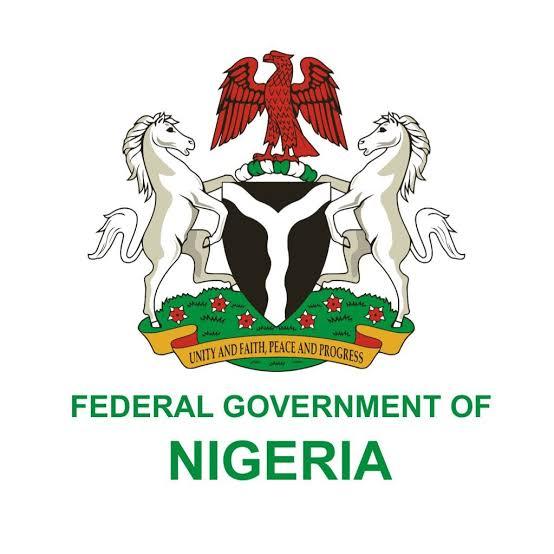Nigeria, Africa’s most populous country, is administratively divided into six geo-political zones. These zones were created to ensure fair representation, resource distribution, and national integration. Each zone consists of states with shared ethnic, cultural, linguistic, or historical similarities.
Understanding the geo-political structure of Nigeria is essential for students, researchers, politicians, and anyone interested in governance and development in the country.
1. North Central (Middle Belt)
This zone is often called the “Middle Belt” because of its central location and cultural diversity.
-
States in North Central:
-
Benue
-
Kogi
-
Kwara
-
Nasarawa
-
Niger
-
Plateau
-
Federal Capital Territory (Abuja)
-
2. North East
This zone is largely agrarian and has experienced challenges from insurgency but remains rich in culture and resources.
-
States in North East:
-
Adamawa
-
Bauchi
-
Borno
-
Gombe
-
Taraba
-
Yobe
-
3. North West
Known for its large population and economic activity, especially in agriculture and commerce.
-
States in North West:
-
Jigawa
-
Kaduna
-
Kano
-
Katsina
-
Kebbi
-
Sokoto
-
Zamfara
-
4. South East
The South East is predominantly inhabited by the Igbo ethnic group and is known for its entrepreneurial spirit.
-
States in South East:
-
Abia
-
Anambra
-
Ebonyi
-
Enugu
-
Imo
-
5. South South (Niger Delta)
This oil-rich zone is the economic powerhouse of Nigeria due to its crude oil and natural gas resources.
-
States in South South:
-
Akwa Ibom
-
Bayelsa
-
Cross River
-
Delta
-
Edo
-
Rivers
-
6. South West
Home to Nigeria’s commercial capital, Lagos, and dominated by the Yoruba ethnic group.
-
States in South West:
-
Ekiti
-
Lagos
-
Ogun
-
Ondo
-
Osun
-
Oyo
-
Importance of Geo-Political Zones in Nigeria
-
Political representation: Allocation of federal appointments and political offices.
-
Resource allocation: Distribution of government funding and developmental projects.
-
Unity and equity: Ensures all ethnic and cultural groups are fairly represented.
-
Education and research: Used in national examinations, census, and planning.
FAQs: Geo-Political Zones in Nigeria
1. What are geo-political zones in Nigeria?
Geo-political zones are regional groupings of Nigeria’s states based on cultural, ethnic, and political similarities for governance and development purposes.
2. How many geo-political zones are in Nigeria?
There are six geo-political zones in Nigeria: North Central, North East, North West, South East, South South, and South West.
3. Who created the geo-political zones in Nigeria?
The zones were created during the military regime of General Sani Abacha in the 1990s for administrative convenience.
4. Is Abuja a state or part of a geo-political zone?
Abuja is the Federal Capital Territory (FCT) and is included in the North Central geo-political zone.
5. Which zone is the most populated in Nigeria?
The North West zone is the most populated, housing states like Kano and Kaduna.
6. Which zone is the richest in terms of natural resources?
The South South zone is the richest due to its abundant crude oil and gas reserves.
7. Why are geo-political zones important in politics?
They influence the rotation of political power, appointments, and equitable national representation.
8. Can a state belong to more than one geo-political zone?
No, each state belongs to only one geo-political zone.
9. What zone is Lagos State in?
Lagos State is part of the South West geo-political zone.
10. Are geo-political zones recognized in the Nigerian constitution?
No, they are not officially recognized by the constitution but are widely used in governance and public affairs.











